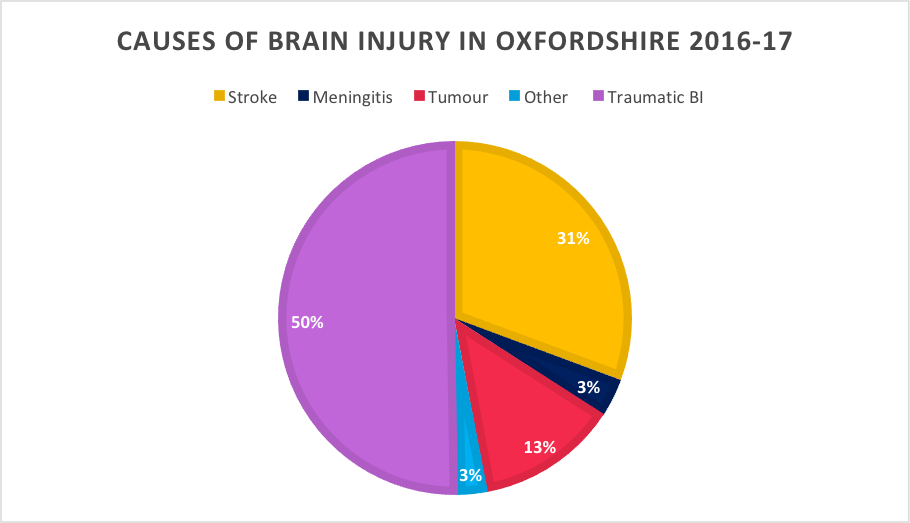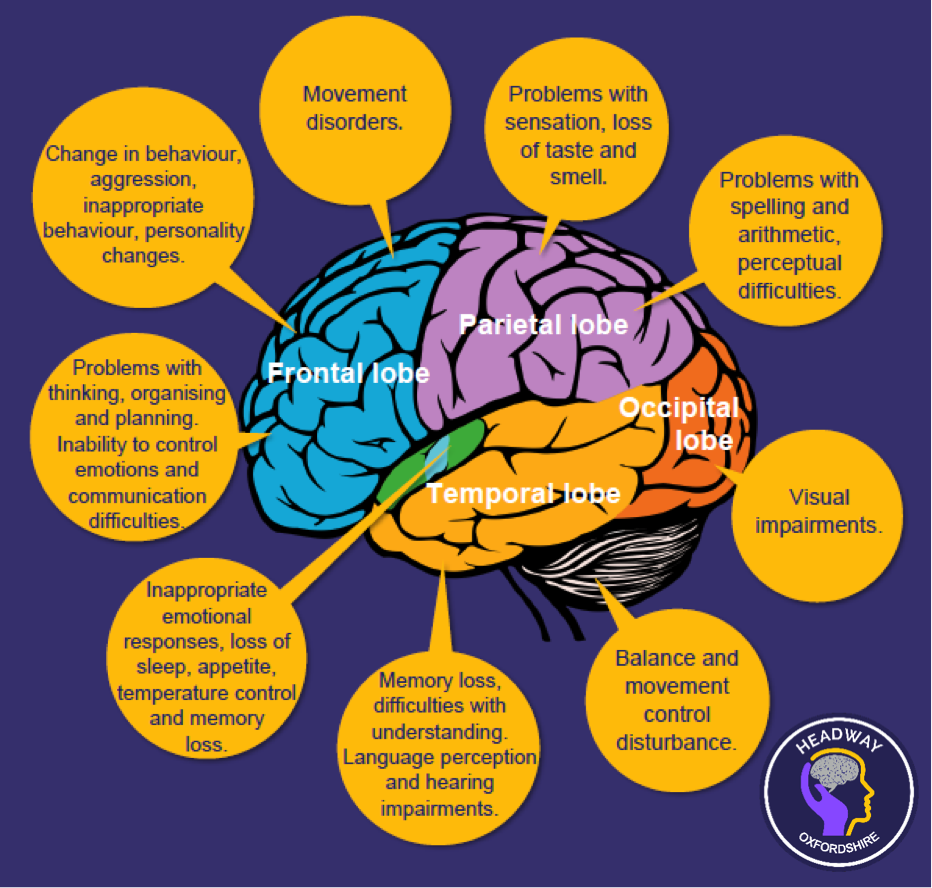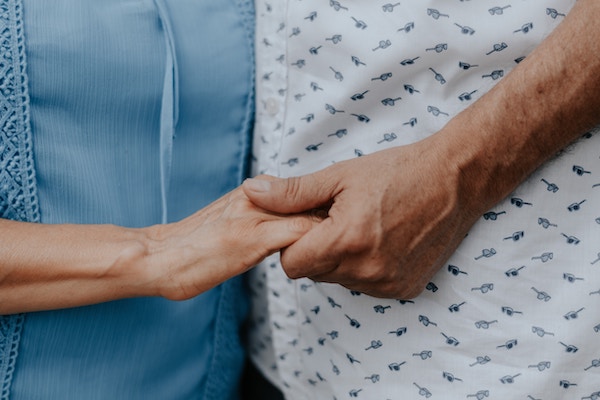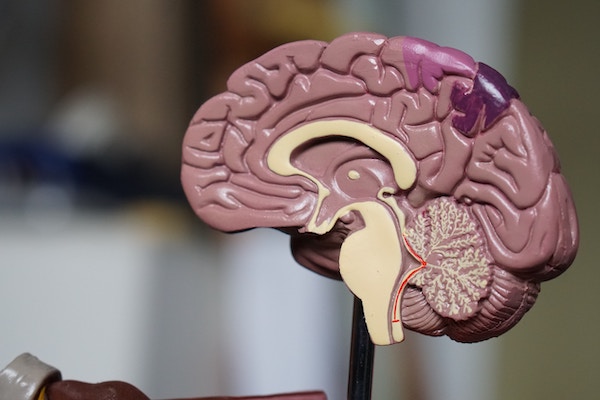News
News & Events
Overcoming Challenges
Overcoming Challenges: Navigating Life after a Traumatic Brain Injury
A traumatic brain injury (TBI) can reshape a person’s life in profound ways. From physical limitations to cognitive impairments, the challenges following a TBI are immense.
In this blog post, we explore the hurdles individuals face after a TBI and highlight the resilience and determination required and often shown to overcome them.
- Physical Challenges – One of the immediate and evident challenges after a TBI are the physical limitations individuals experience. Mobility issues, coordination difficulties, and balance problems can make previously effortless tasks demanding. With patience, perseverance, and the assistance of physical and occupational therapy, along with adaptive devices, individuals can regain independence and rebuild strength.
- Cognitive Impairments – TBIs often lead to cognitive impairments affecting memory, attention, and information processing. Concentration becomes elusive, and organising thoughts or expressing oneself becomes challenging. Coping with these hurdles may be overwhelming, but cognitive rehabilitation programs and support from healthcare professionals can help individuals develop strategies to enhance cognitive function and adapt to their new reality.
- Emotional and Psychological Struggles – The aftermath of a TBI is often accompanied by a rollercoaster of emotions. Depression, anxiety, irritability, mood swings, and personality changes can be overwhelming. Emotional recovery is as demanding as the physical journey. Seeking professional counselling, participating in support groups, and relying on a strong network of family and friends play vital roles in navigating these challenges.
- Social Reintegration – Returning to normal social interactions after a TBI can be challenging. Changes in behaviour, communication difficulties, and physical limitations may strain relationships and lead to social isolation. Rebuilding social connections and reintegrating into the community is a gradual process that requires patience, understanding, and support from both the individual and their network.
- Adjusting to a New Identity – A TBI can fundamentally alter a person’s identity and sense of self. Roles and aspirations may shift, and reconciling pre-injury selves with post-injury reality can be difficult. Fostering a positive mindset, focusing on strengths and abilities, exploring new interests, setting achievable goals, and celebrating small victories are key to rebuilding confidence and finding a renewed sense of purpose.
Overcoming the challenges following a traumatic brain injury demands immense courage and resilience. With the right support system, perseverance, and a positive outlook, individuals can conquer these obstacles and forge a fulfilling life post-TBI. Though the road to recovery may be long, the indomitable human spirit prevails.
At OHIS we offer a modern, innovative approach to supporting people with an acquired brain injury and their families. Every step from the hospital bedside into your community.
We offer personalised, structured rehabilitation opportunities for individuals, including 1-2-1 support and group based activities in our Activity and Rehabilitation Centre (ARC) including our gym.
We are social but not just a social club!
Everything we do has a purpose and a benefit.
If you know someone who has suffered a brain injury, then please spread the word and support them by telling them about our service.
What is Brain Injury?
“A non-degenerative injury to the brain that has occurred since birth. It can be caused by external physical force or by metabolic derangement. The term ‘Acquired Brain Injury’ includes traumatic brain injury, such as open or closed head injury, and non-traumatic brain injuries such as those caused by strokes and other vascular accidents, hypoxia, toxic substances taken into the body through inhalation or ingestion, and any invasive surgery or treatments for tumours. Currently the term does not include brain injuries that are congenital or produced by birth trauma.” – Acquired Brain Injury (ABI) as defined by the United Kingdom Acquired Brain Injury Forum (UKABIF).
In Oxfordshire, 4,000 people are admitted to hospital with a brain injury every year.


Causes of Brain Injury
An acquired brain injury (ABI) is a non-degenerative injury caused to the brain since birth. There are many possible causes of an ABI, including a stroke, haemorrhage, tumour or disease. Traumatic brain injury (TBI) is caused by trauma to the head that may produce a diminished or altered state of consciousness, which results in an impairment of cognitive abilities or physical functioning. Possible causes can be a road traffic accident, a fall or a blow to the head. The effects that result from either an Acquired or Traumatic brain injury can be similar.
Effects of Brain Injury
The brain can be injured in many ways, according to where in the brain the injury has taken place.
Brain injury is a complex condition. Symptoms can be varied and are sometimes difficult to identify and understand. Oxford Head Injury Services offer support to understand and discover how you can help your brain to recover or how you can learn strategies to deal with ongoing difficulties.


